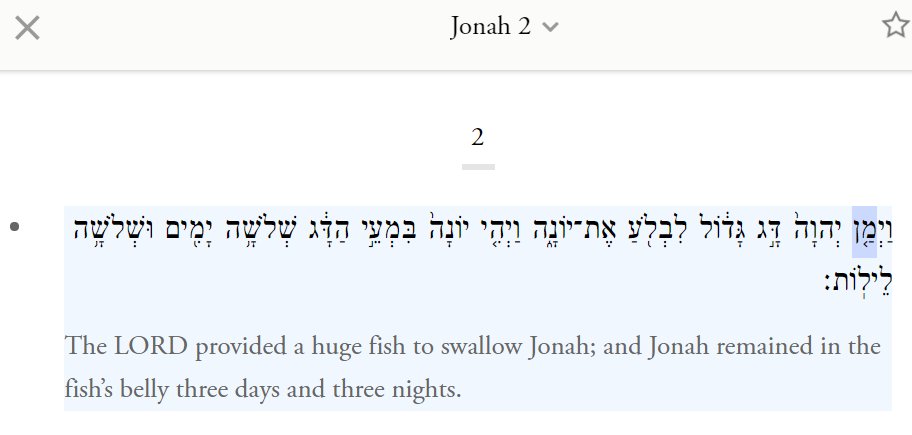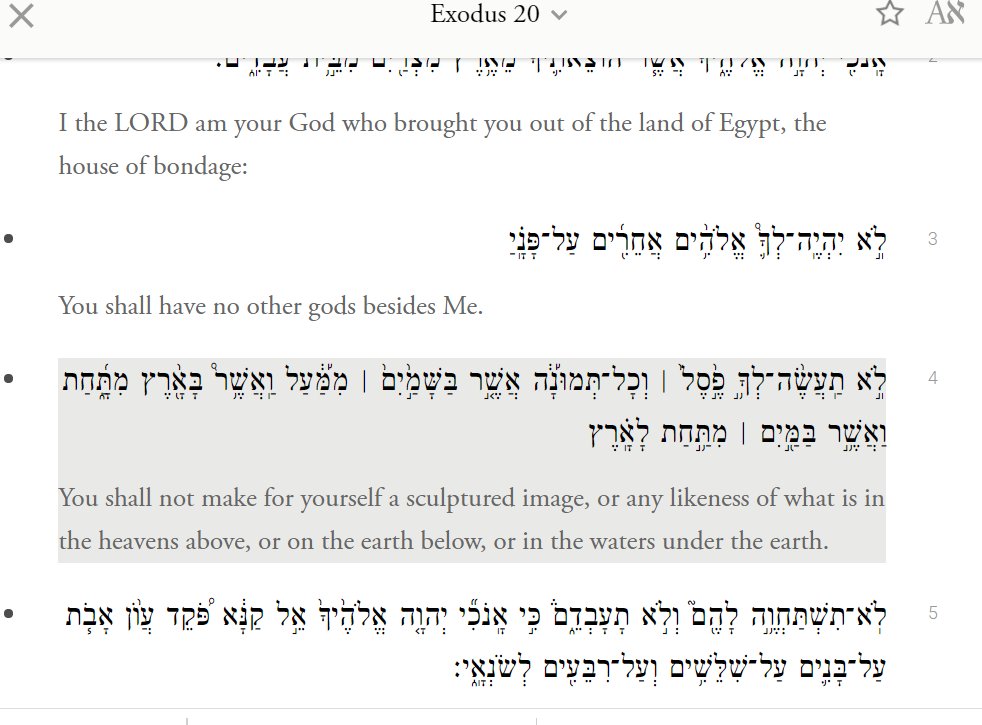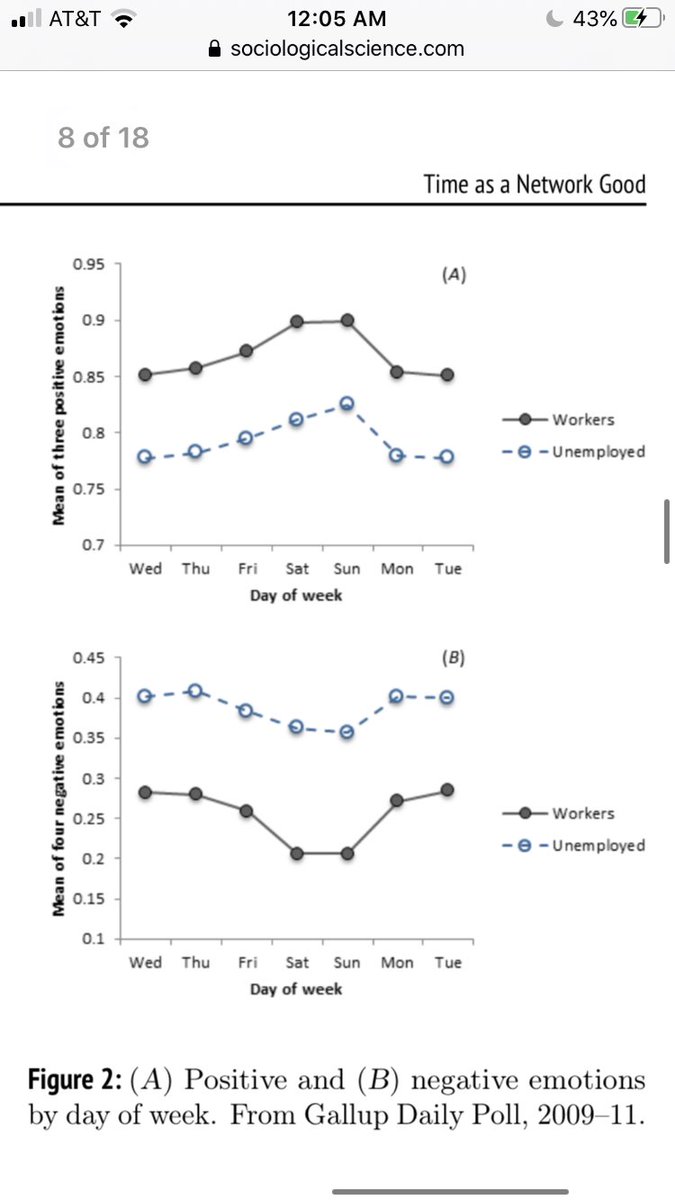
OK, if you're Shabbat-observant (& perhaps even if you're not), here's a take on this week's Torah portion (the story of the first Shabbat) that's guaranteed to put a big smile on your face!
<THREAD n=25>
<THREAD n=25>
OK, here's a description of a biblical moment that's notoriously challenging to understand. When the people discovered the flaky, frost-like substance on the ground, they were bewildered.
They turned to one another and said:
"Mān hu"
What does this mean?
They turned to one another and said:
"Mān hu"
What does this mean?

"Hu" is straightforward: "it is" or "is it"
The problem is "mān."
It doesn't mean anything. It eventually becomes the name for this mysterious food. But at this point in the story, it means nothing. It's not a word!
The problem is "mān."
It doesn't mean anything. It eventually becomes the name for this mysterious food. But at this point in the story, it means nothing. It's not a word!
Hm but maybe I'm wrong. After all, the word is almost always translated (but see KVJ & Douhay-Rheims!) biblehub.com/exodus/16-15.h…).
Most commonly, it is assumed that "mān" is equivalent to "mah," which means "what" such that the phrase is translated as:
"What is it?"
Most commonly, it is assumed that "mān" is equivalent to "mah," which means "what" such that the phrase is translated as:
"What is it?"
This is reasonable since the full phrase then makes sense:
"They said 'what is it?' to each other because they didn't know what it was"
"They said 'what is it?' to each other because they didn't know what it was"
But there are 3 problems:
a. While "mān" apparently means "mah" in at least 1 other Semitic language Chaldean, it's not attested anywhere else in the Bible
b. Even if "mān" it's an unusual form of "what," this begs the question of why use that unusual form here. Just say "mah"!
a. While "mān" apparently means "mah" in at least 1 other Semitic language Chaldean, it's not attested anywhere else in the Bible
b. Even if "mān" it's an unusual form of "what," this begs the question of why use that unusual form here. Just say "mah"!
c. If "mān" really means "mah," the second half of the phrase is extraneous. It would have been straightforward to say "They said 'what is it?' to each other" No explanation needed!
There are two other possibilities.
One (raised by R. David Kimchi or Radak) is that "mān" is equivalent to "manah," which means something like "portion" or "allotment."
So it's not a question but an exclamation:
Something like "Here is (our God-given) portion!"


One (raised by R. David Kimchi or Radak) is that "mān" is equivalent to "manah," which means something like "portion" or "allotment."
So it's not a question but an exclamation:
Something like "Here is (our God-given) portion!"



This might work nicely with the rest of the verse:
"They said to each other, 'It's a divine portion!' because they didn't know what it was."
I.e., they recognized that it was not something natural but rather a gift from God (as promised/prophesied by Moses)
"They said to each other, 'It's a divine portion!' because they didn't know what it was."
I.e., they recognized that it was not something natural but rather a gift from God (as promised/prophesied by Moses)
But there are again 2 problems:
a. Again, nowhere does "mān" substitute for "manah." Why here???
a. Again, nowhere does "mān" substitute for "manah." Why here???
b. As I discuss in a @The_Lehrhaus essay out today (thelehrhaus.com/scholarship/wh…, the people didn't seem to appreciate the manna at first. Maybe some immediately recognized it as a divine gift but many didn't.
There's also a third possibility:
"Mān" is equivalent to "min," which means "type."
This approach also treats "mān hu" as an assertion. It means:
"It is (its own) type" I.e., it is sui generis, a new phenomenon.
"Mān" is equivalent to "min," which means "type."
This approach also treats "mān hu" as an assertion. It means:
"It is (its own) type" I.e., it is sui generis, a new phenomenon.
This approach has 2 advantages:
1. A related meaning of מן ("from it/that type") occurs 3 more times in the next verses
2. The whole phrase makes sense this way too:
"They said to each other 'It's its own type' because they didn't know what it was"
1. A related meaning of מן ("from it/that type") occurs 3 more times in the next verses
2. The whole phrase makes sense this way too:
"They said to each other 'It's its own type' because they didn't know what it was"

But there's a problem with this approach too:
While it's possible to write "min" as "מן," that's not how it's spelled anywhere else in the Bible.
There, it's "מין"
True, many words in the Bible that ordinarily have a י (sort of a vowel) are often written without. But not מין
While it's possible to write "min" as "מן," that's not how it's spelled anywhere else in the Bible.
There, it's "מין"
True, many words in the Bible that ordinarily have a י (sort of a vowel) are often written without. But not מין
So we have three possibilities that each kind of work:
"What is it?"
"It's its own type!"
"It's a (divine) portion!"
But none of them works well on its own because each require us to assume the bible used an unconventional word or spelling just for this verse.
"What is it?"
"It's its own type!"
"It's a (divine) portion!"
But none of them works well on its own because each require us to assume the bible used an unconventional word or spelling just for this verse.
What's going on?
Well, I don't know for sure (no one does), but here are two intriguing hints, one from an insightful commentary and a second from American popular culture.
Well, I don't know for sure (no one does), but here are two intriguing hints, one from an insightful commentary and a second from American popular culture.
The insightful commentary is from the great 20th century exegete, R. Benno Jacob. He had an interesting, inspirational life (Check it out: en.wikipedia.org/wiki/Benno_Jac…) & was a fantastic biblical exegete.
As I discuss in that @lehrhaus essay (thelehrhaus.com/scholarship/wh…), Jacob argues it was only after families relaxed and had their first Shabbat meal, that they reflected on the amazing week they'd had & coined the term "mān" to describe the divine food they were now enjoying. 

This resonates with what goes on around a relaxed Shabbat table to this very day-- & I would warrant in any home where people are relaxed and enjoying each other's company, leading to playful/creative contemplation of intriguing and delightful aspects of life that they share.
Ok & now here's one of the things our family has shared around the dinner (esp. Shabbat) table since the beginning of COVID when one of my daughters first referenced it.
Watch-- you'll love it: !
(& you wonder why crude bullies can have mass appeal...)
Watch-- you'll love it: !
(& you wonder why crude bullies can have mass appeal...)
Every since my daughter taught us about "glice," we are constantly calling each other out on slips of the tongue when we are caught between two words.
"You gliced!!!" we tease each other all the time.
"You gliced!!!" we tease each other all the time.
It's fun & it actually helps defuse some tension.
(& we're just a little less aggressive each other than Eddie)
Are we the only family where people sometimes tease each other for slips of the tongue?
(& we're just a little less aggressive each other than Eddie)
Are we the only family where people sometimes tease each other for slips of the tongue?
Ok, so I think you know where I'm heading:
"mān" is a "glice" word!!!
To elaborate, the idea is that they were so bewildered by the manna that they were *caught between* the three reactions:
"mah?" +
"min!" +
"manah!" +
= "mān?!"
"mān" is a "glice" word!!!
To elaborate, the idea is that they were so bewildered by the manna that they were *caught between* the three reactions:
"mah?" +
"min!" +
"manah!" +
= "mān?!"
And then at the end of the week, instead of calling it "lehem" (food/bread) as Moses and God had, they reflected back & decided to memorialize their initial confusion, by calling it "glice."
Er.... "mān"
Er.... "mān"
Can I prove this? Of course not.
But it fits the data.
And if the Torah wanted to be clear about this, it could have been.
It wants us to *think.*
And anyway, this put a smile on your face, didn't it?
Shabbat shalom!
But it fits the data.
And if the Torah wanted to be clear about this, it could have been.
It wants us to *think.*
And anyway, this put a smile on your face, didn't it?
Shabbat shalom!
@threadreaderapp unroll
• • •
Missing some Tweet in this thread? You can try to
force a refresh









